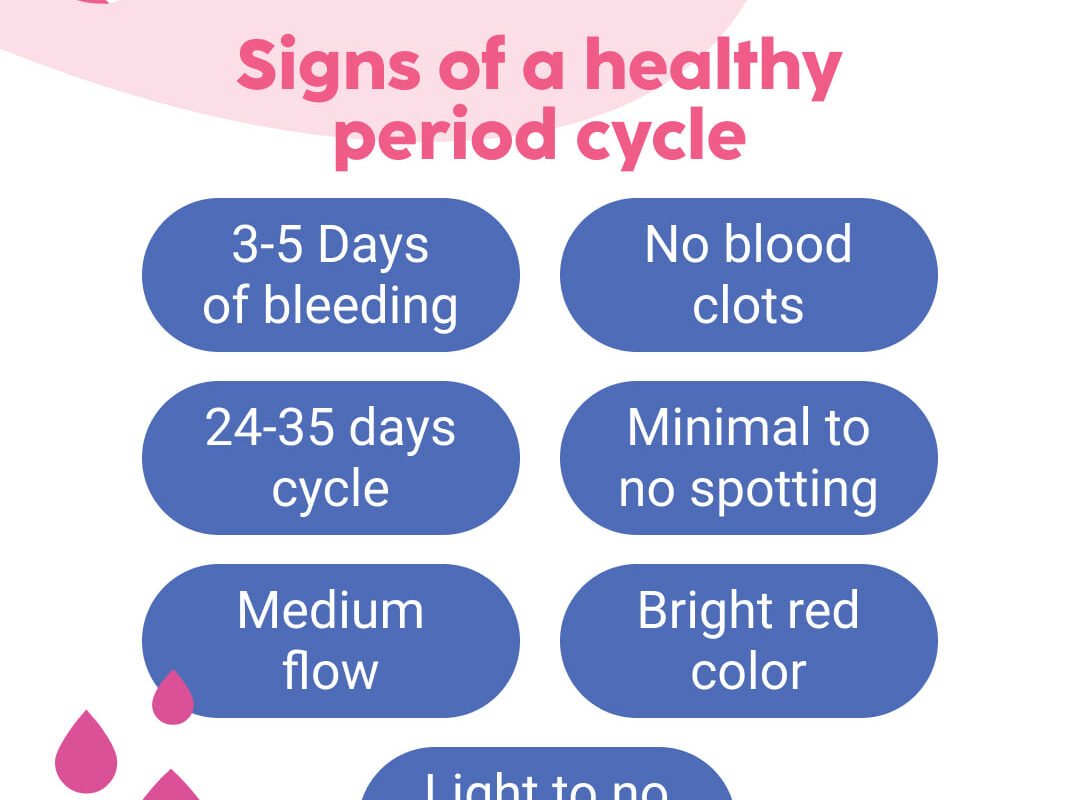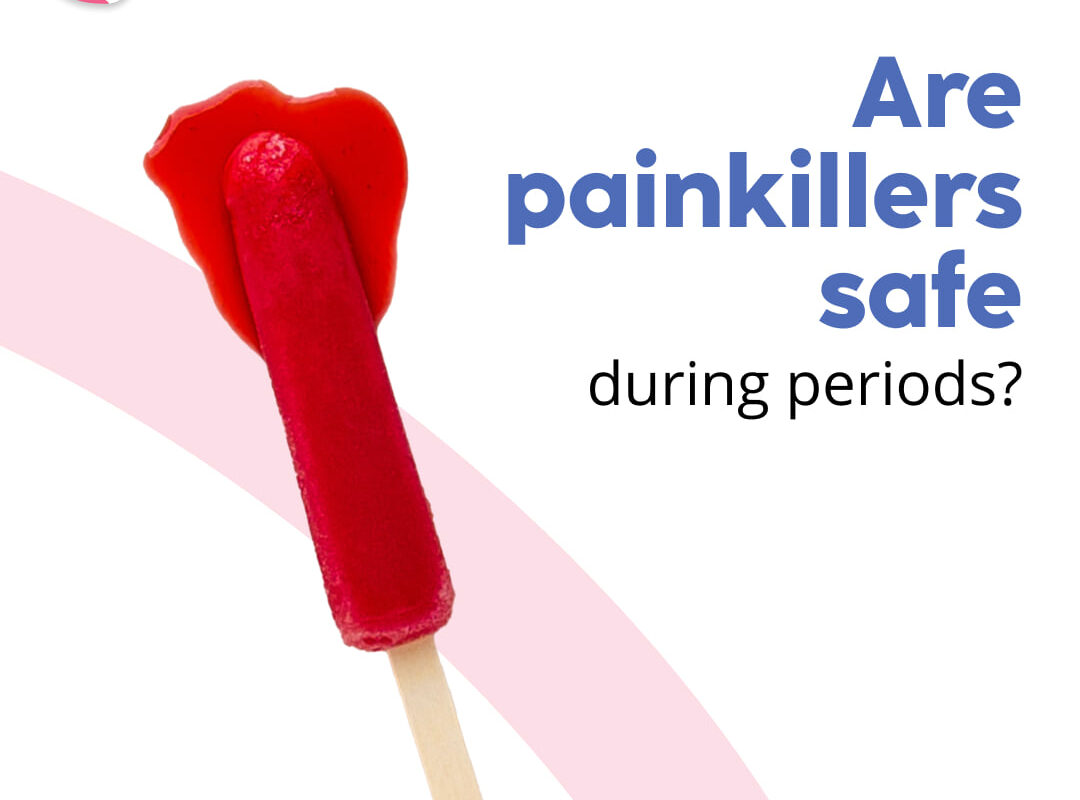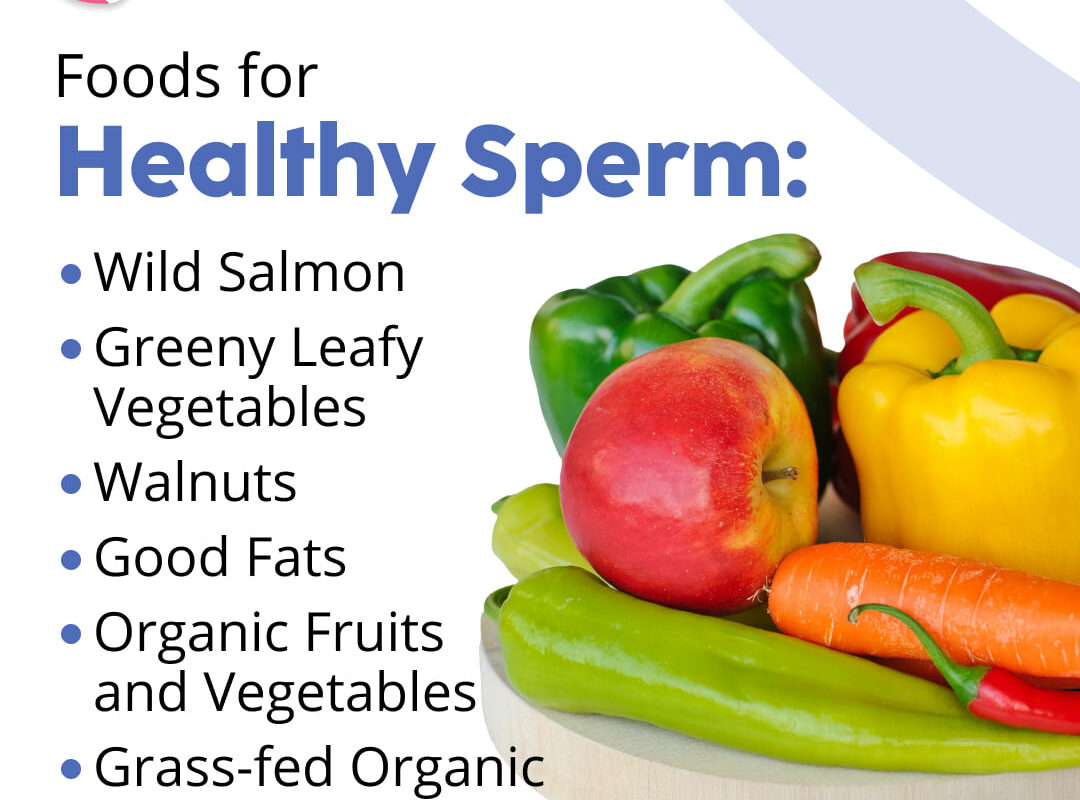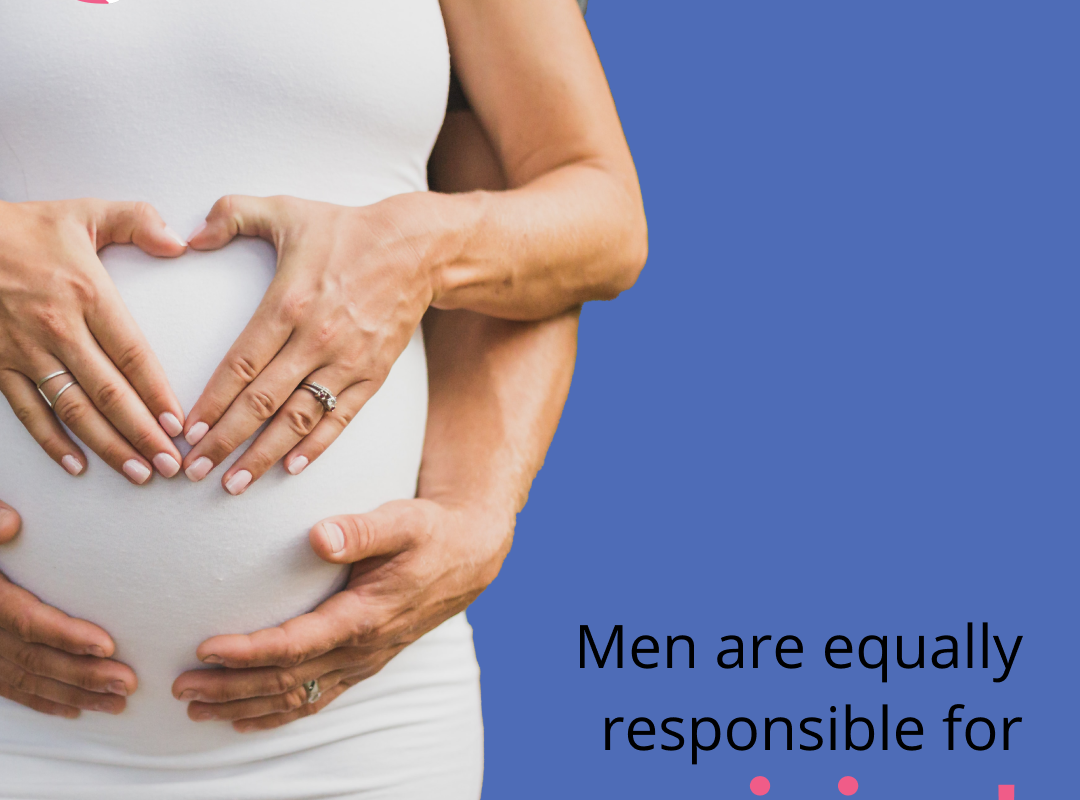Women’s period is composed of blood and the lining of the uterus
Rising estrogen levels during each period cycle trigger the ovary to release an egg (ovulation). The uterus lining also thickens during this time.
In the final half of the cycle, progesterone prepares the uterus for embryo implantation. Fallopian tubes transport the egg. The egg is absorbed into the body again if pregnancy does not occur. Estrogen and progesterone levels decline, and the body sheds the uterus lining.
Here are a few hallmarks that indicate a normal and healthy period cycle:
-
It Arrives on Time.
Your period should appear once per month. It can vary depending on the woman, but every 25 to 35 days is considered normal. These dates are calculated from the first day of bleeding during one period to the first day of bleeding during the next period. According to IVF doctors an early or late period may be a sign of hormonal imbalance. One of the common menstrual irregularities is Polycystic Ovarian Syndrome (PCOS), which brings several complications. This metabolic imbalance might require gynaecology treatments. Getting IVF in Dubai will provide you peace of mind with the infertility issue arising due to PCOS.
-
You Don’t Have Excruciating Pain.
Pain signals that something is wrong with your body. A little discomfort is normal, but any pain beyond this can signify that you have a hormonal or inflammatory imbalance. It could also mean you might have serious complications such as adenomyosis, endometriosis, or fibroids. Some of these disorders might require gynaecology treatments. You can consult IVF doctors at a reputed IVF clinic in Dubai for your issues.
-
Cervical Fluid Changes Throughout Your Cycle.
As your menstrual cycle progresses, your cervical mucus changes colour, volume, and texture. A few days before ovulation, your mucus is dry, thick, and white. Right around ovulation, your cervical fluid will become transparent and slimy. It is because of this consistency that pregnancy occurs at ovulation.
If your menstrual irregularities are hindering your pregnancy, an IVF clinic in Dubai is the way to go. With all the advancement in medical field, getting IVF in Dubai is a great option for local women.





